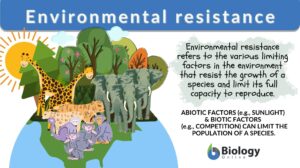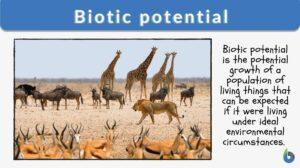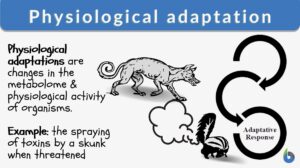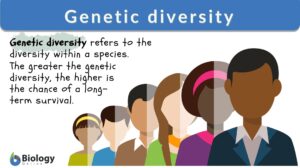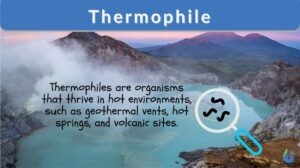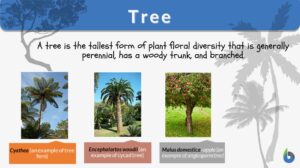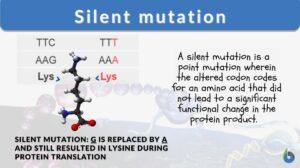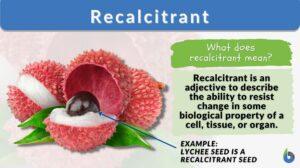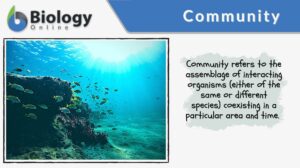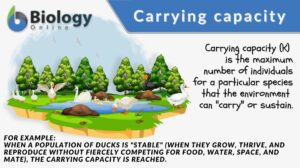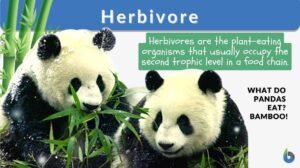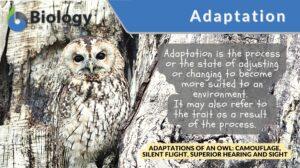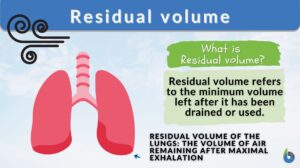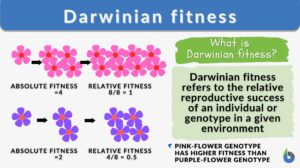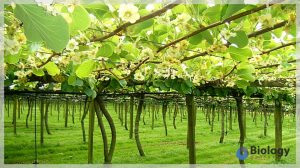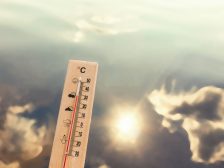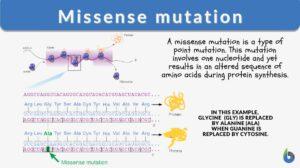Search Results for: environmental resistance
Environmental resistance
Environmental Resistance Definition Environmental resistance is such a process in which certain different elements or... Read More
Biotic potential
When we look at the different forms of life, we often wonder how they have continued to exist one generation after another.... Read More
Physiological adaptation
If we look over evolutionary history, we find that it’s neither the most genius and intelligent nor the strongest and the... Read More
Genetic diversity
Genetic Diversity Definition Each species is composed of individuals with their own set of genes. A gene is the inheritance... Read More
The consequences of antibiotic use in horticulture
Leading articles Frederick R. Falkiner* Department of Clinical Microbiology, Trinity College, Dublin; Central Pathology... Read More
Thermophile
Thermophiles Definition What are thermophiles? Let us first understand the literal meaning of the word ‘thermophile’.... Read More
Population Regulation in an Ecosystem
Darwin focused some of this work in regards to the population size of a species, and what factors may affect them. He... Read More
Silent mutation
A mutation is a change in the nucleotide sequence of a gene or a chromosome. When there is only one nucleotide involved, it... Read More
Susceptible
Resistance, vulnerability, sensitivity, tolerance, and susceptibility are some highly important terminologies across the... Read More
Recalcitrant
Several words of the English language find wide usage in subjects as diverse as literature, science, social science,... Read More
Community (biology)
Community, in biology, refers to the assemblage of interacting organisms (either of the same or different species)... Read More
Carrying capacity
Carrying Capacity Definition What is carrying capacity? In biology and environmental science, the carrying capacity of a... Read More
Eubacteria
Eubacteria are prokaryotic microorganisms consisting of a single cell lacking a nucleus and containing DNA is a single... Read More
Regulation of Organic Metabolism, Growth and Energy Balance
Organic Metabolism Events of Absorptive and Post-absorptive States. The absorptive state is the period during which... Read More
Conjugation
Conjugation generally means the joining or coming together (union), such as in certain unicellular organisms (some bacteria,... Read More
Adaptation
Adaptation Definition In biology and ecology, adaptation refers to the process of adjusting behavior, physiology, or... Read More
Residual volume
Residual volume is a term that is most often seen in lung physiology where it is defined as the amount of air remaining in... Read More
Darwinian fitness
Darwinian Fitness Definition Darwinian fitness refers to the measure of an individual organism's or genotype's reproductive... Read More
Homeostasis
Homeostasis is the tendency not to stray from the range of favorable or ideal internal conditions. Such conditions must be... Read More
Biosecurity and Biocontrol
By: Maria Victoria Gonzaga In the previous lesson, we learned about the importance of modern science... Read More
Abiotic and Biotic Factors
Abiotic factors are essentially non-living components that affect the living organisms of the freshwater community. When... Read More
Missense mutation
What is a missense mutation? Literally speaking, a mutation that changes the meaning of the encoded gene sequence is the... Read More
Unicellular
Unicellular organisms are organisms consisting of one cell only that performs all vital functions including metabolism,... Read More
Plant Tissues
Plants are composed of three major organ groups: roots, stems, and leaves. As we know from other areas of biology, these... Read More
